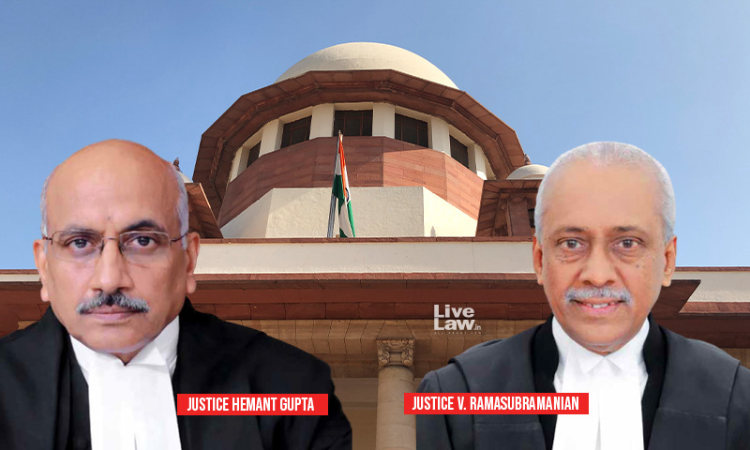The Supreme Court observed that selected IAS candidates have no right to be allocated to a cadre of their choice or to home state. The allocation of cadre is not a matter of right and the State has no discretion of allocation of a cadre at its whims and fancies, the bench of Justices Hemant Gupta and V. Ramasubramanian observed.The court also observed that consultation under Rule 5(1) of...

